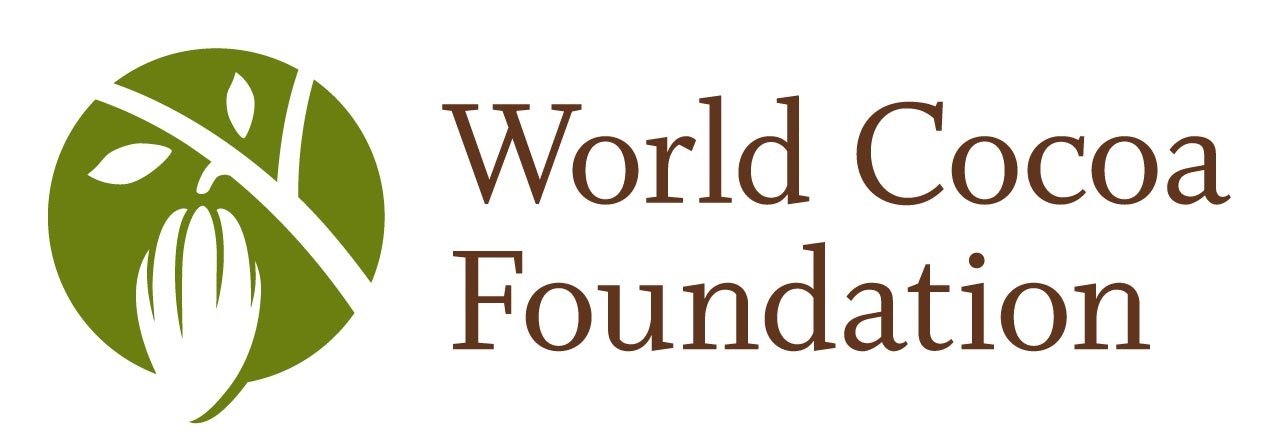New, Expanded Programs to Help Cocoa Farming Families, Communities in 2007
Published 02-13-07
Submitted by World Cocoa Foundation
WASHINGTON, DC- February 13, 2007 "“ An expanded range of programs supported by the world’s cocoa and chocolate industry, including the World Cocoa Foundation (www.WorldCocoaFoundation.org), will help children and families in West African cocoa farming communities in 2007.
Building upon earlier, successful efforts, these programs will bring additional resources to bear in ensuring responsible labor practices on cocoa farms; improving cocoa farm family incomes, and expanding children’s access to education. Industry support for community health initiatives in cocoa farming areas also will grow in 2007.
"Millions of rural families around the world depend upon cocoa farming for their livelihood," said Bill Guyton, President, World Cocoa Foundation. "However, they face many challenges. Over the past five years, we have developed proven approaches to helping cocoa farming families and are now taking these efforts to the next level."
Industry support for cocoa farmers, their families and communities focuses on four key areas:
Established in 2000, the WCF plays a leading role in strengthening the partnership between industry and cocoa farmers. With nearly 60 member companies, the WCF has helped more than 200,000 cocoa farmers through a range of economic, social and environmental programs in Africa, Asia, Central America and South America.
"Healthy Communities" Underway in West Africa
The rollout of the industry-supported "Healthy Communities" program is among the most significant efforts to help cocoa farmers and their families in West Africa.
A multi-year partnership with the United States Agency for International Development (USAID), "Healthy Communities" will benefit up to 150,000 farm families over the next five years by supporting economic, social and environmentally sustainable development at the cocoa farm level.
Working through the Sustainable Tree Crops Program (STCP) farmer education network, the program is rolling out in Ghana, the Ivory Coast and other West African countries. Classes are being organized to provide farmers with hands-on instruction in better farming techniques, while tackling such important issues as the need for safe, responsible labor practices.
"Healthy Communities" expands upon the earlier "Farmer Field Schools" program which has helped farming families earn from 24 to 55 percent more for their cocoa crop, while reducing the number of children engaged in hazardous, unacceptable work.
International Cocoa Initiative Tackles Labor Issues, Expands Reach
The International Cocoa Initiative, a leader in addressing labor issues on cocoa farms, is expanding its community-based work in West Africa.
Established in 2002, The International Cocoa Initiative (ICI) is the leading vehicle to promote responsible labor practices on cocoa farms, and is supported by individual chocolate and cocoa industry members. ICI efforts are led by a board composed equally of industry and civil society representatives.
In 2007, the ICI will build upon its work at the village level in Ghana and the Ivory Coast. The ICI engages local leaders in the development and implementation of action plans to address the worst forms of child labor and forced adult labor. The approach drives change in labor practices, improves educational opportunities for children, and encourages a better informed, more actively engaged community.
In Ghana, the ICI has programs underway in 24 communities. A similar effort is underway in the Ivory Coast, reaching a population of more than 70,000 in 21 communities.
The ICI also supports MESAD, an Ivory Coast non-governmental organization (NGO) that provides a safe haven for children who have been trafficked to cocoa production areas. In Ghana, the ICI provides support for a government-run shelter that helps children in similar situations.
"Certification" Moves Forward: Ghana Report
The Government of Ghana will release its first cocoa farming "Certification" report in 2007. This report is the result of an intensive, multi-year effort on the part of industry, West African governments and experts to develop a certification program for cocoa farming labor practices.
Certification for cocoa farming will answer the following key questions:
When fully implemented, the process will certify that efforts are in place within a country’s cocoa sector to measure and report on labor practices and help those who may be in a child or forced adult labor situation.
The first report will be based on visits by trained surveyors to more than 500 farms across Ghana’s cocoa growing districts in late 2006. This statistically representative sample accounts for more than 10 percent of the country’s total cocoa production. The release of this report is a key step towards covering 50 percent of the cocoa sector in Ghana and the Ivory Coast by July 2008, an important Protocol goal.
New Program to Combat Malaria, HIV
To improve the well-being of cocoa farming communities, the industry is supporting a program that targets two critical health issues: malaria and HIV/AIDS.
For cocoa farming families, malaria and HIV/AIDS pose a serious threat. In the Ivory Coast, for example, malaria is the leading cause of death among children. The four cocoa producing regions of Ghana suffer from the highest HIV/AIDS rates in the country.
The program, developed by Family Health International and funded by the National Confectioners Association, will educate cocoa farming communities on malaria and HIV prevention; promote safe practices, and provide supplies to boost prevention. The program will be active in Ghana and the Ivory Coast.

World Cocoa Foundation
World Cocoa Foundation
The World Cocoa Foundation (WCF) is an international nonprofit membership foundation that promotes a sustainable cocoa economy by providing cocoa farmers with the tools they need to grow more and better cocoa, market it successfully, and make greater profits. WCF's membership includes more than 90 cocoa and chocolate manufacturers, processors, supply chain managers, and other companies worldwide. Member companies range in size from small and medium size firms to large international corporations and represent over 80% of the global cocoa market. For more information, visit www.worldcocoa.org.
Follow us on our blog, Facebook and Twitter.
More from World Cocoa Foundation

